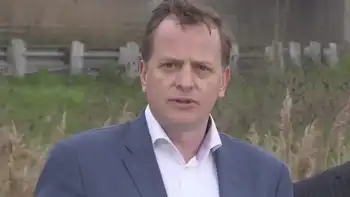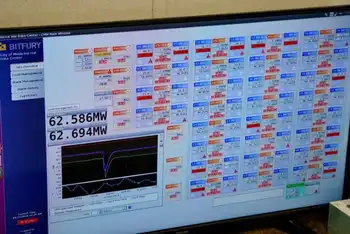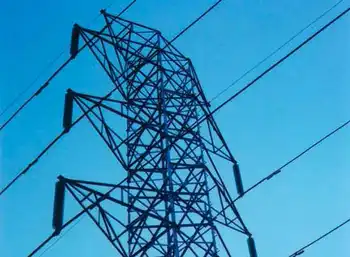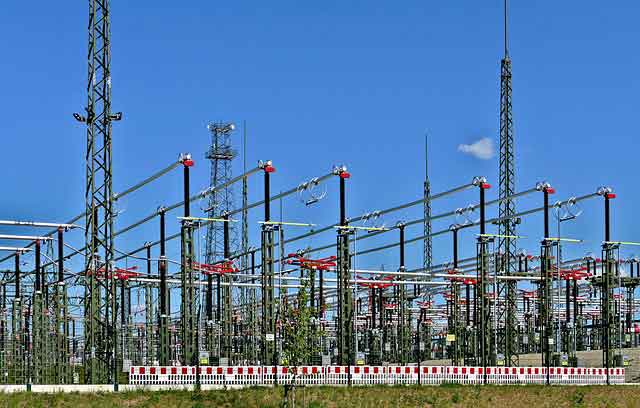Irish households face electricity monopoly
That leaves state run utility, the Electricity Supply Board (ESB), as the sole player in the residential market.
The announcement comes a week after the European Union warned gas and electricity suppliers they face a new antitrust crackdown aimed at breaking open their industries to competition.
The EU started liberalising its energy markets over six years ago but in many countries huge former monopolies still dominate the gas and power business, keeping prices high and making it difficult for newcomers to gain a foothold.
Ireland began opening its market in 2000 but only liberalised fully in 2005.
Airtricity said in a statement it had been forced to exit the sector due to "market failure and the lack of conditions conducive to promoting competition in the sector."
The move will impact about 11,000 of the Dublin-based company's 51,000 customers, including a small number of businesses.
Ireland's Commission for Energy Regulation (CER) rejected Airtricity's claims it had suffered from market or regulatory failure, adding that it would be publishing a probe into rising electricity prices.
"The Commission is examining in particular the impact of international fuel price increases," the regulator said.
In order to meet the demand of its customers, Airtricity currently supplements the electricity generated at its wind farms by buying so-called "top-up" power from other sources.
"Airtricity has been subjected to high and volatile costs of power since August last year," the company said. "These costs averaged 43 percent over the costs originally projected. Airtricity cannot continue to absorb these costs."
Northern Irish rival, Viridian, which generates electricity in the Republic of Ireland and also supplies businesses south of the border, said customers would suffer following Airtricity's withdrawal.
"At a time when it was hoped that there would be increased competition in the electricity market, bringing choice and competitive prices to customers, we are instead seeing companies quitting the Irish market."
Norway's Statoil said it had sold a 30 percent stake in Dublin's Ringsend gas power plant to the Royal Bank of Scotland. ESB owns the other 70 percent.
Local media also reported that German energy giant E.ON was in advanced talks about the sale of its Edenderry power plant in County Offaly to state-owned peat producer Bord Na Mona.
Airtricity, which unveiled plans to build four new wind farms in Ireland in January because importing green power from the UK had become too expensive, said it envisaged being able to supply fixed power prices within eighteen months.
Related News

Court quashes government cancellation of wind farm near Cornwall
CORNWALL - Construction of a wind farm in eastern Ontario will move ahead after a court quashed a provincial government decision to cancel the project.
In a ruling released Wednesday, a panel of Ontario Superior Court judges said the province's decision to scrap the Nation Rise Wind Farm in December 2019 did not meet the proper requirements.
At the time, Environment Minister Jeff Yurek revoked the approvals of the project near Cornwall, Ont., citing the risk to three bat species.
That decision came despite a ruling from the province's Environmental Review Tribunal that determined the risk the project posed to the bat population…





